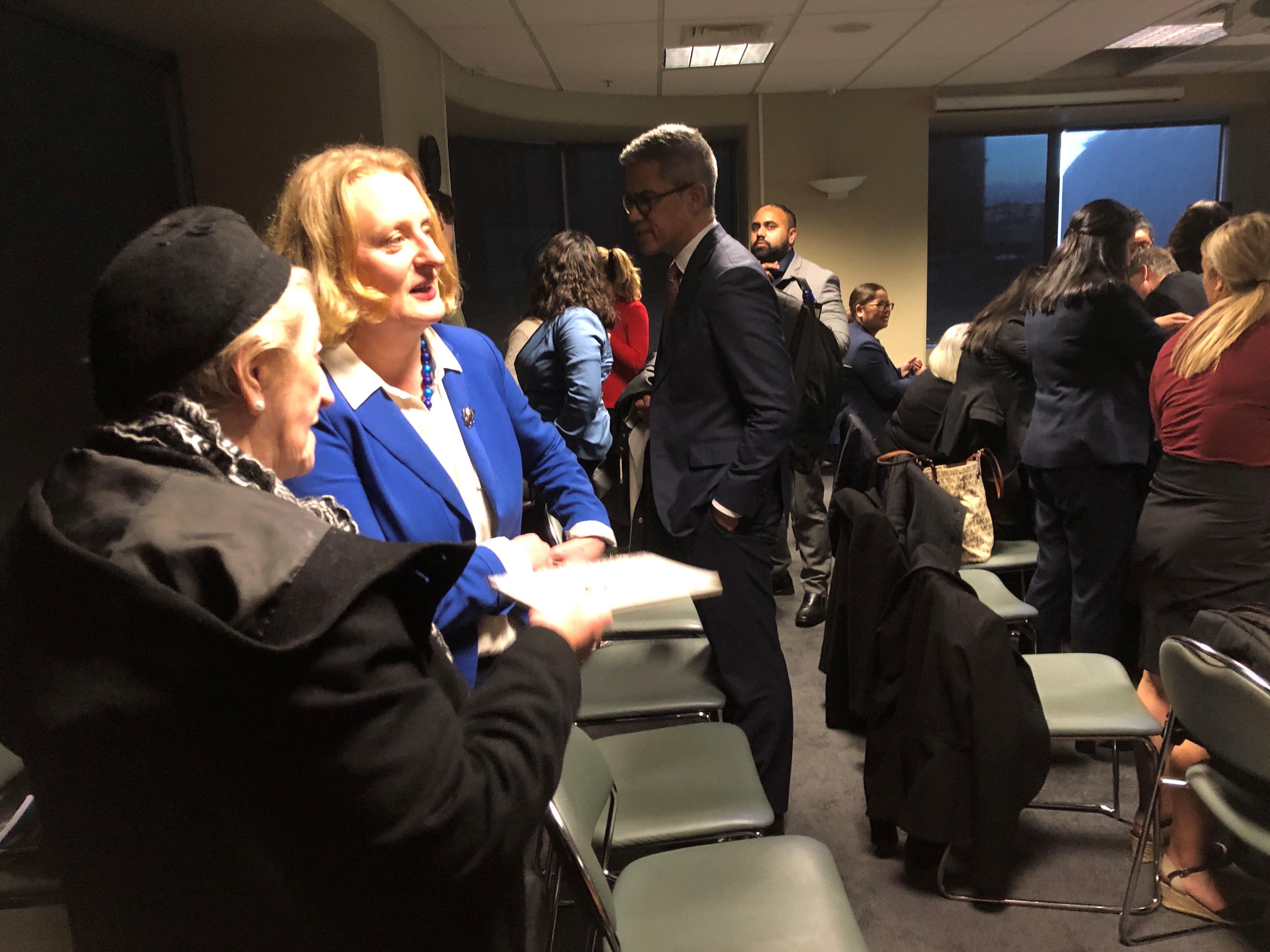The Waitangi Tribunal is undertaking an urgent inquiry into the Treaty consistency of legislation, policies and practice around tamariki Māori being brought into state care.
A constant theme of the contextual hearing on Friday August 9 was the need for genuine partnership with Māori.
In her brief of evidence, Chief Executive Gráinne Moss said the disparity of tamariki Māori entering the care system was unacceptable.
“We hear the calls from Māori that whānau, hapū and iwi must be empowered to care for their own Tamariki,” she said.
“We can’t do this alone. We accept the only way forward is to work in partnership with Māori and the whole of the Crown to make this real.”
“We are listening closely, and welcome guidance from the Tribunal.”
At the inquiry, Gráinne said its timing was “perfect” - a year after new legislation was brought in.
“I think there's a real opportunity to address any areas that we haven't got right,” she said.
Keeping children out of state care through early intervention and other means was key to preventing harm, she said.
The introduction of the Transition Support Service was also a “game changer,” she said.
Tamariki Advocate Deputy Chief Executive Voices of Children Hoani Lambert said Oranga Tamariki saw its Treaty partnerships, including its strategic partnerships, at the heart of its transformation.
“We are going to take the obligations that we have around strategic partnerships seriously, and we are committed to doing that.”
Chief Social Worker Grant Bennett the Ministry was getting better at drawing on the contribution others can make in partnership, particularly iwi and Māori NGOs.
Grant pointed to Iwi-led Family Group Conferences as an example of genuine power sharing.
Oranga Tamariki was building a new Maori-centred, practice framework, Grant said.
The intent was to fundamentally re-orientate our practice from that generally considered ‘mainstream’ to Māori-centred practice, designed with and for Māori.
Turning the care and protection system around would take time, he said.
“We are dismantling decades of levers and anchors.”


